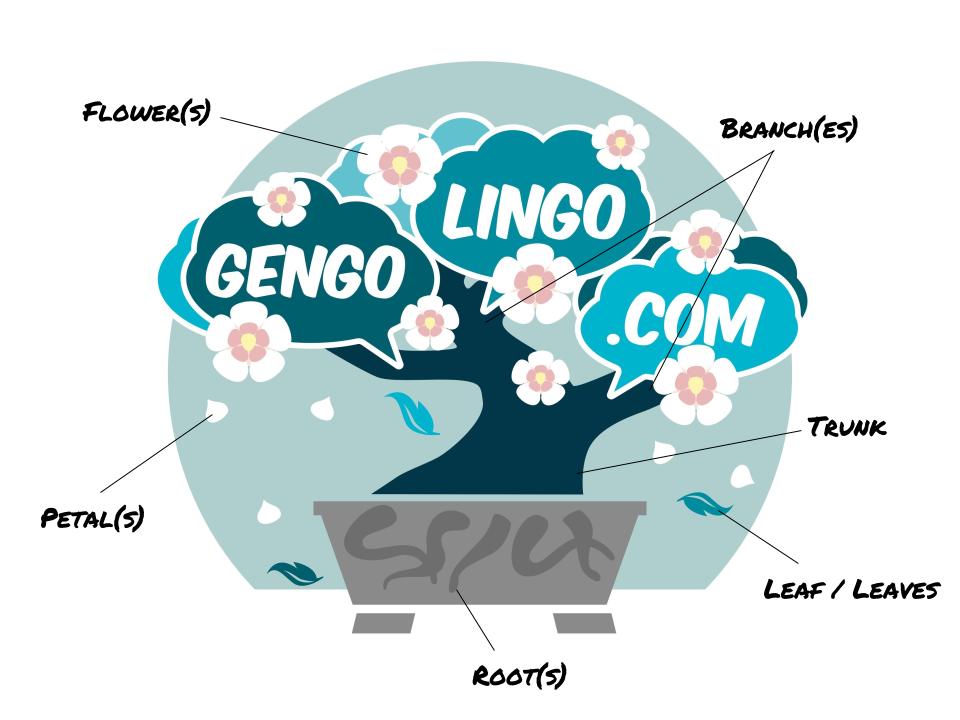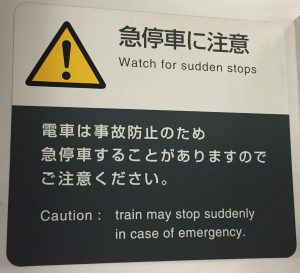“Catch the all” – What do you think this means? What are they trying to say?
このメッセージの謎を解くために一緒に考えて調べてくれた皆さま、ありがとうございます。これは2017年のチームスローガンだということがわかりました。このスローガンが何を言いたいのかわかったと思うので、英語をみて行きましょう。
ここに使われている英語を修正するとしたら、“CATCH IT ALL” か “CATCH THEM ALL” が一番良さそうですね。
選手向けでしたら: ボールをキャッチするように、全て「一球、勝利、栄光、その瞬間」をキャッチしろ!逃すな!的な感じで使えます。
もしファン向けでしたら: “Don’t miss it / out”「逃してはいけない」でも大丈夫ですが、ワードプレイで何かをキャッチすると言う意味は「見る」とも使えますので、”Catch it all” は活用できます。例えば、“I caught the game on TV.”「テレビで試合を見ました。」
「キャッチ」は色んな場面で使えて便利な単語です。
では、なぜ “Catch the all” が間違えで、“Catch it / them all” が正しいというと。。。
“All”「全て」の前には “the” をつけることはできません。
※“All” がタイトルに含まれていれば使える場合もあります(例:The All-star baseball players)。






